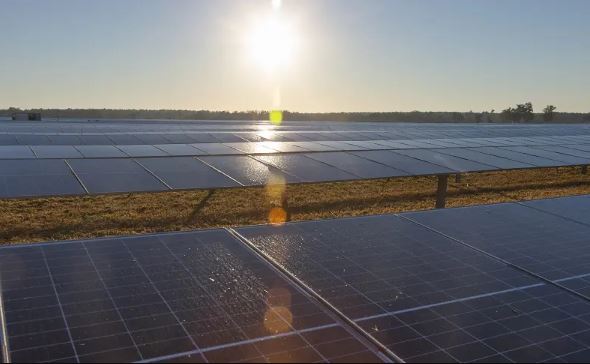Corporate Renewable Energy Procurement: A Shift towards Clean Power
In recent years, a noticeable transformation has been underway in the corporate world. As the world seeks to reduce its carbon footprint, Alternative Energy Sources like wind and solar power are gaining prominence. Companies, both large and small, are increasingly recognizing the importance of sustainability and environmental responsibility. As a part of this shift, corporate renewable energy procurement has emerged as a significant trend. This allows businesses to power their operations with clean and renewable energy sources. Here, we will discuss the concept of corporate renewable energy procurement and the benefits it offers to the environment.
The
Rise of Corporate Renewable Energy Procurement
Traditionally,
corporations primarily relied on fossil fuels to meet their energy needs.
However, this approach comes with environmental consequences and
vulnerabilities to fluctuating energy prices. In response, many
forward-thinking companies have turned to renewable energy procurement as a way
to mitigate these issues and align with sustainability goals.
Power
Purchase Agreements (PPAs)
One
of the most popular corporate renewable energy procurement methods is through
power purchase agreements. In a PPA, a company contracts with a renewable
energy provider to purchase a specified amount of energy generated by wind,
solar, or hydropower sources. This allows companies to secure a stable and
often lower-priced source of clean energy.
On-Site
Renewable Energy Installations
While
discussing About Renewable
Energy adoption, some companies opt to install renewable energy
systems on their premises, such as solar panels or wind turbines. This approach
provides a direct and reliable source of clean power and showcases their
commitment to sustainability.
Benefits
of Corporate Renewable Energy Procurement
The
most significant benefit of this corporate renewable energy procurement is reduction
in greenhouse gas emissions.
- By switching to renewable
energy sources, companies can significantly decrease their carbon
footprint, contributing to global efforts to combat climate change.
- Renewable energy can be
cost-competitive or even cheaper than fossil fuels. Companies can lock in
fixed energy costs with PPAs and reduce their exposure to volatile fossil
fuel prices.
- Customers, investors, and
employees increasingly value sustainability. Committing to clean energy
can boost a company's reputation and attractiveness to
environmentally-conscious stakeholders.
- In many regions, there are
regulations and incentives to encourage renewable energy adoption. Relying
on renewable sources reduces dependence on fossil fuels, enhancing energy
security and resilience.
Final
thoughts



Comments
Post a Comment